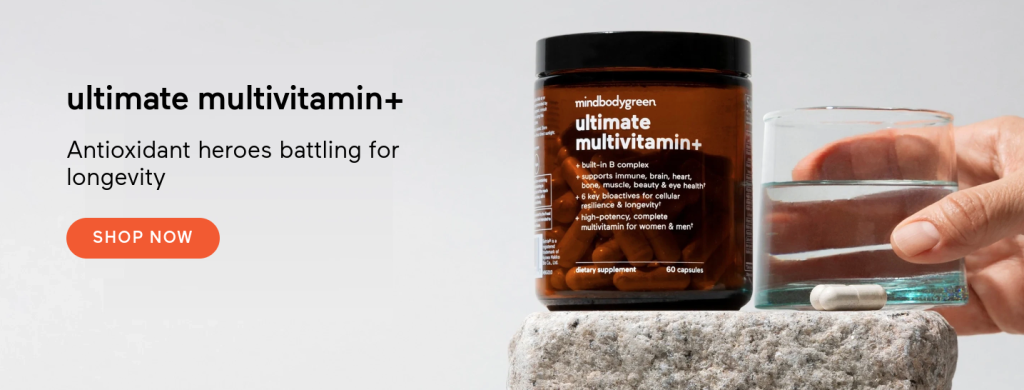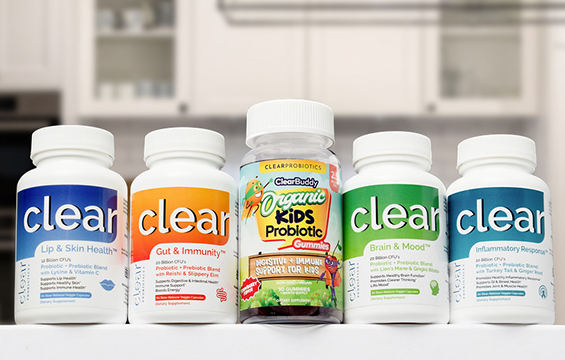Table of Contents
ToggleProbiotics, which are healthful strains of live bacteria and yeast, have been known to provide various benefits for overall health, including supporting the immune system and promoting gut health.
However, there have been cases where probiotics have been associated with side effects such as digestive symptoms, allergies, and even skin problems like rashes and itchiness.
In this section, we will explore the potential connection between probiotics and these skin reactions and shed light on whether probiotics can indeed cause these issues.
Key Takeaways:
- Probiotics can sometimes cause side effects such as rashes and itchiness.
- Research suggests a possible link between probiotic use and small intestine bacterial overgrowth (SIBO).
- It is important to read the labeling carefully and follow recommended dosages when using probiotics.
- If any severe or persistent side effects occur, it is advisable to consult with a healthcare professional.
- Topical probiotics might offer potential benefits for certain skin conditions like acne, atopic dermatitis, and psoriasis.

Understanding Probiotics and Their Benefits
Before we explore the connection between probiotics and skin reactions, let’s understand what probiotics are and the potential benefits they offer.
These beneficial microorganisms work by helping to maintain a healthy balance of bacteria in our digestive system.
Probiotics have gained popularity due to their potential to promote gut health, support the immune system, and even improve certain skin conditions.
Research suggests that these beneficial bacteria can help regulate the digestive process, enhance nutrient absorption, and strengthen our body’s natural defense mechanisms.
In fact, a systematic review published in the Journal of the American Medical Association found that probiotics can be effective in preventing and treating certain gastrointestinal conditions, such as diarrhea and irritable bowel syndrome.
Potential Benefits and Side Effects of Probiotics
| Potential Benefits | Potential Side Effects |
|---|---|
| – Improved digestion and nutrient absorption | – Digestive symptoms (e.g., bloating, gas, diarrhea) |
| – Enhanced immune system function | – Skin problems (e.g., rashes, itchiness) |
| – Regulation of gut microbiome | – Allergic reactions |
| – Prevention and treatment of specific gastrointestinal conditions | – Increased risk of infection |
| – Potential improvement of certain skin conditions (topical use) | – Small intestine bacterial overgrowth (SIBO) |
The Link Between Probiotics and Skin Reactions
Research suggests that probiotics when taken orally or applied topically, can influence the composition of the skin microbiome.
These beneficial bacteria can work by outcompeting harmful bacteria, producing antimicrobial substances, and modulating the immune response.
However, the effects of probiotics on the skin microbiome are still not fully understood, and the individual response may vary.
Probiotics have the potential to influence the skin microbiome by promoting the growth of beneficial bacteria, which may help maintain a healthy balance. However, in some cases, this balance can be disrupted, leading to skin reactions such as rashes and itchiness.
Several studies have explored the connection between probiotics and skin reactions, particularly in individuals with pre-existing skin conditions such as eczema or sensitive skin.
A review published in the Journal of Allergy and Clinical Immunology found that while some studies reported positive effects of probiotics on skin health, others indicated a potential for adverse reactions.
Overall, more research is needed to determine the precise mechanisms by which probiotics interact with the skin microbiome and their potential to trigger rashes and itches.
It is important to consider individual factors such as skin type, existing skin conditions, and the specific strains and formulations of probiotics used.

Potential Side Effects of Probiotics
Along with potential skin reactions, it’s important to be aware of other possible side effects associated with probiotic use.
These symptoms are usually mild and temporary, but in rare cases, they can persist or worsen.
If you experience severe or persistent digestive issues after taking probiotics, it is recommended to consult with a healthcare professional.
| Potential Side Effects of Probiotics: | Precautions: |
|---|---|
| Digestive symptoms (bloating, gas, diarrhea) | Start with a low dosage and gradually increase. Discontinue use if symptoms persist or worsen. |
| Allergic reactions (rash, hives, difficulty breathing) | If you have a known allergy or experience signs of an allergic reaction, stop taking probiotics and seek medical help immediately. |
| Increased risk of infection | Consult with a healthcare provider if you have a weakened immune system before starting probiotic supplementation. |
The Role of Topical Probiotics in Skin Health
Topical probiotics may improve specific skin conditions without the side effects of internal use.
Applied directly to the skin, they rebalance the skin microbiome and decrease inflammation.
They’ve shown potential in treating conditions such as acne, atopic dermatitis, and psoriasis.
Acne, marked by pimples and blemishes, stems from factors like bacteria, excess sebum, and inflammation.
A study in the Journal of Cosmetic Dermatology found that a topical probiotic with Lactobacillus acidophilus notably reduced acne lesions and enhanced skin health.
Atopic dermatitis or eczema, presents as dry, itchy, red patches. Research indicates topical probiotics can relieve eczema symptoms by rebalancing the skin microbiome and bolstering the skin barrier.
Probiotic creams with beneficial bacteria like Staphylococcus epidermidis have lessened inflammation and boosted skin hydration in eczema patients.
Psoriasis results in thick, scaly skin patches. Preliminary research hints at the therapeutic benefits of topical probiotics for psoriasis.
Strains like Bifidobacterium infantis can decrease skin inflammation and ameliorate psoriatic lesions.
The British Journal of Dermatology published a study where a probiotic cream with Bifidobacterium infantis significantly improved psoriasis symptoms.
| Conditions | Benefits of Topical Probiotics |
|---|---|
| Acne | Inhibits acne-causing bacteria Reduces inflammation |
| Atopic Dermatitis (Eczema) | Restores skin microbiome balance Strengthens skin barrier function |
| Psoriasis | Reduces skin inflammation Improves psoriatic lesions |
A Word from HealthyVibe
In the fascinating world of probiotics, these microscopic allies promise enhanced gut health and a bolstered immune system. Yet, as with any potent remedy, they come with their caveats.
Notably, the budding field of skin health reveals both its potential perks and pitfalls. While dabbling with topical probiotics could be the next big thing in managing skin conditions, it’s paramount to tread with care, keeping abreast of ongoing research.
So, whether you’re looking to swallow a capsule or smooth on a serum, always prioritize knowledge, caution, and a chat with your healthcare professional. Here’s to a future where we harness the full potential of probiotics, safely and effectively!
FAQ
Can probiotics trigger rashes and itches?
There is a potential connection between probiotics and skin reactions such as rashes and itches. Probiotics can impact the balance of the skin microbiome, which may lead to these skin issues.
What are probiotics and what are their benefits?
Probiotics are healthful strains of live bacteria and yeast that provide various benefits, including promoting gut health and supporting the immune system. However, they can also cause side effects, including rashes and itches.
Is there a link between probiotics and skin reactions?
Research suggests that there may be a link between probiotics and skin reactions. The balance of the skin microbiome can be affected by probiotics, potentially leading to rashes and itches. Further scientific research is needed to fully understand this relationship.
What are the potential side effects of probiotics?
In addition to skin reactions, probiotics can sometimes cause digestive symptoms, allergies, an increased risk of infection, small intestine bacterial overgrowth (SIBO), and the development of antibiotic resistance. It is important to follow recommended dosages and consult with a doctor if any severe or persistent side effects occur.
Can topical probiotics improve skin conditions?
There is evidence suggesting that topical probiotics can help improve certain skin conditions such as acne, atopic dermatitis, and psoriasis. They work by rebalancing the skin microbiome and reducing inflammation. However, more research is still needed in this area.











